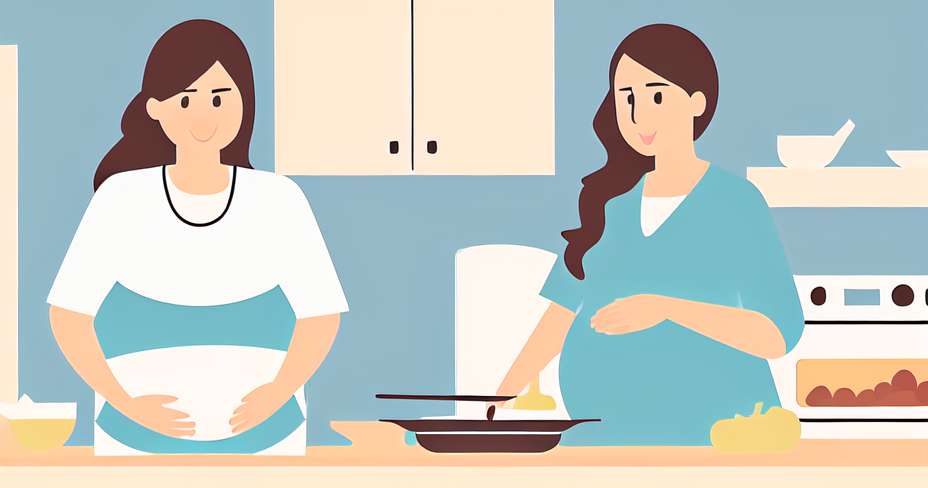Lose weight with white tea
May 2024

The nutritional needs during pregnancy are increased compared to those of the healthy woman of reproductive age. There are some nutrients that are especially important to be a mother and that will directly affect the health of the mother and the baby.
The gestation is a period of life in which the woman needs to reconcile good eating habits with adequate medical care, due to the series of changes that occur throughout this stage to be a mother.
The consumption of foods rich in folic acid, at least three months before fertilization is of utmost importance. A diet rich in folic acid is the best prevention against malformations of the fetus, in addition to reducing the risk of anemia for the mother. Its deficiency can result in incomplete brain or spinal cord formation (neural tube defects).
Foods that contain it: Broccoli, cauliflower, asparagus, pumpkin flower, green leafy vegetables such as Swiss chard, spinach and lettuce; mandarin, orange, kiwi, legumes, nuts such as almonds and nuts, as well as fortified cereals.
This mineral is very important throughout a woman's life, not only to be a mother. An adequate intake of iron helps improve performance, vitality, learning and also helps to prevent anemia. The recommended daily intake of this mineral is 17 mg.
It is recommended that the pregnant woman consume the iron supplement after the food and also with some source of vitamin C, and that she does not take it with tea or coffee, these drinks can inhibit the absorption of iron.
Foods that contain it: green vegetables, legumes, red meats and fortified cereals.
During pregnancy, calcium needs are increased, since the skeleton of the fetus needs it to mineralize. So we say that calcium is a mineral necessary for the formation, strength and growth of bones; it is vital for normal muscle functions and for blood coagulation.
His daily recommendation is 900 mg. and if this requirement is not met, the mother runs the risk of being decalcified since the fetus will use the calcium that she has available in her deposits.
Foods that contain it: Dairy products such as milk, yogurt, jocoque and cheese. We also find it in the corn tortilla, in the legumes, in the charales, some vegetables such as spinach and nopales, and fortified cereals.
The diet in pregnancy should be sufficient to cover the needs of energy and nutrients, to ensure the proper development of the baby and at the same time maintain a good state of health to be a mother.
To be a mom, it is vital to follow the recommendations of the professionals. If you have any questions related to your diet, we recommend you go with a nutritionist to receive the information that your case requires.
For more information: www.insk.com insk.mexico@kellogg.com www.facebook.com/inskmx @inskmx